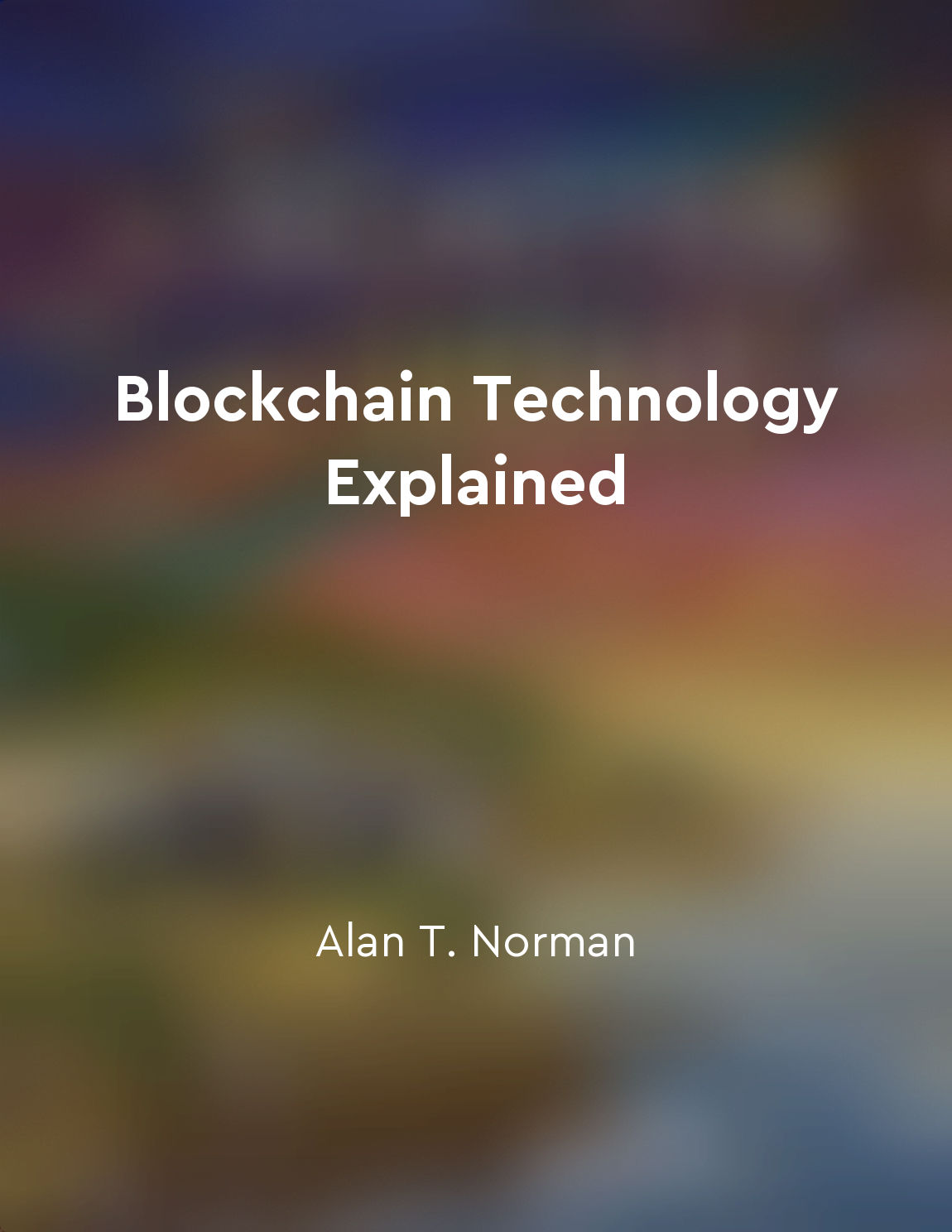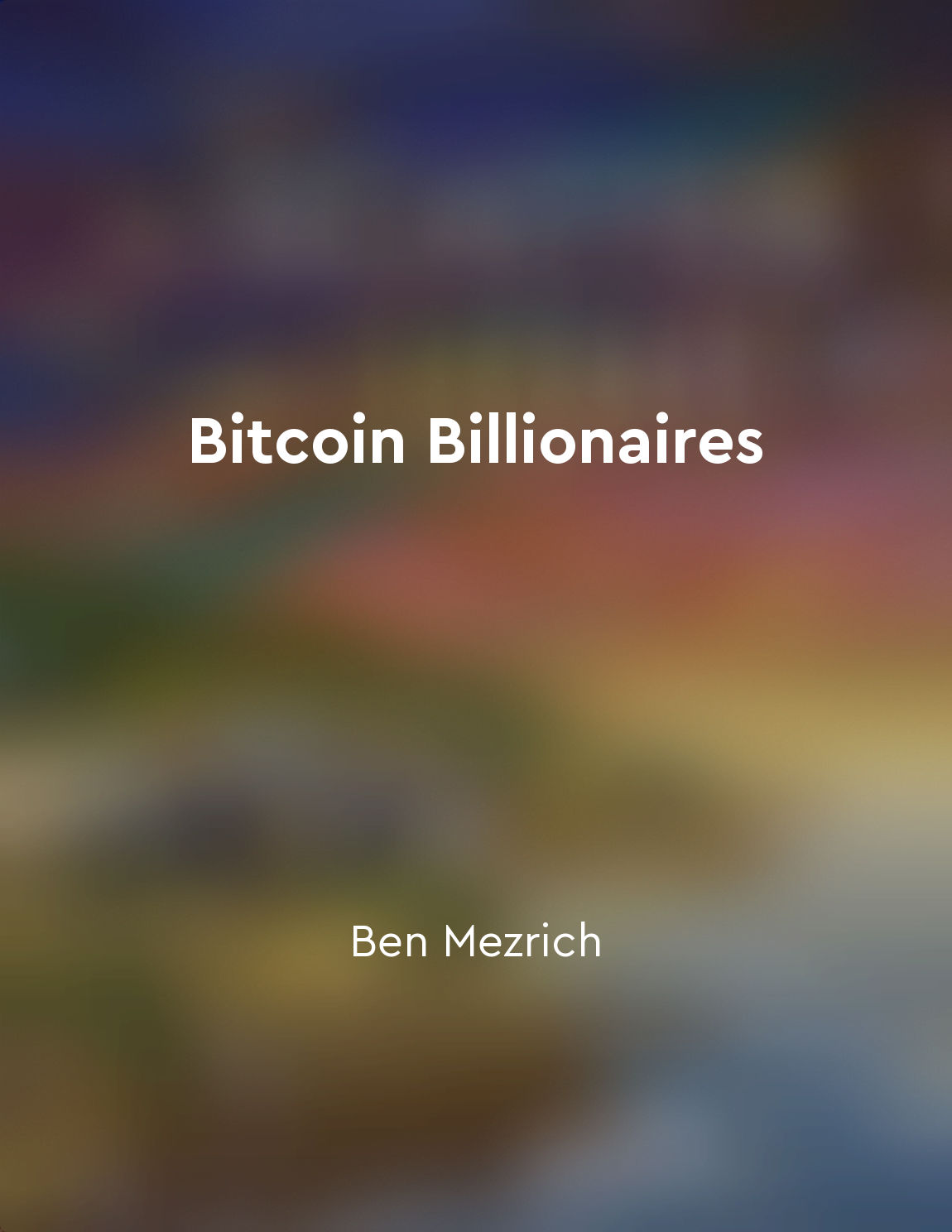Audio available in app
Evolution of decentralized finance (DeFi) and its impact on traditional banking from "summary" of Cryptoassets: The Innovative Investor's Guide to Bitcoin and Beyond by Chris Burniske,Jack Tatar
Decentralized finance (DeFi) represents a growing movement within the cryptocurrency space that aims to create an alternative financial system that is open, transparent, and accessible to everyone. DeFi projects leverage blockchain technology to build financial applications that operate without the need for traditional intermediaries such as banks or brokers. These projects aim to provide users with greater control over their assets and financial transactions, as well as access to a wider range of financial services. One of the key features of DeFi is the concept of smart contracts, which are self-executing contracts with the terms of the agreement directly written into code. Smart contracts enable DeFi applications to automate processes such as lending, borrowing, and trading, reducing the need for human intervention and lowering the costs associated with traditional financial services. This automation also helps to eliminate the potential for human error or fraud, making DeFi applications more secure and reliable than their centralized counterparts. The growth of DeFi has the potential to disrupt traditional banking by offering users a more efficient, accessible, and cost-effective alternative to traditional financial services. DeFi applications can provide users with access to a wide range of financial services, such as lending, borrowing, trading, and investing, without the need for a bank account or a third-party intermediary. This can be particularly beneficial for individuals who are underserved or excluded from the traditional financial system, such as those in developing countries or with limited access to banking services. Furthermore, the decentralized nature of DeFi applications means that users retain full control over their assets and transactions, reducing the risk of censorship or seizure by third parties. This level of control and autonomy is a significant departure from traditional banking, where users are reliant on banks to hold and manage their funds. DeFi applications also operate 24/7, allowing users to access financial services at any time, without being limited by banking hours or geographical constraints.- The evolution of DeFi has the potential to revolutionize the financial industry by offering a more inclusive, transparent, and efficient alternative to traditional banking. As DeFi continues to grow and mature, it will be interesting to see how traditional banks and financial institutions respond to this disruptive force and whether they will adapt their business models to compete in this new decentralized financial landscape.
Similar Posts

Blockchain technology can facilitate crossborder payments and reduce transaction fees
One of the most significant advantages of blockchain technology is its ability to streamline and simplify crossborder payments....

Advocate for transparency and integrity in the industry
The idea of advocating for transparency and integrity in the industry is not just about promoting honesty and openness. It's al...
Role of institutional investors in the cryptoasset space
Institutional investors have been gradually entering the cryptoasset space, bringing with them a level of sophistication and pr...

Continued evolution of blockchain technology
The story of Bitcoin is not just about the creation of a new form of money. It is also about the creation of a new technology –...
Blockchain can promote financial inclusion
The idea that blockchain can promote financial inclusion is a powerful one. By using blockchain technology, we can create a mor...

Private blockchains are restricted to a specific group of users, while public blockchains are open to everyone
Private blockchains are designed for a specific group of users who are invited to participate in the network. These users are t...
Security in the blockchain
Security in the blockchain is a critical aspect that ensures the integrity and reliability of the system. It is achieved throug...
Digital identity can be managed on a blockchain
The digitization of our lives has led to the creation of vast amounts of personal data that is scattered across the internet. T...
Blockchain is a tool for social change
Blockchain technology has the potential to bring about significant social change. By decentralizing control and promoting trans...

